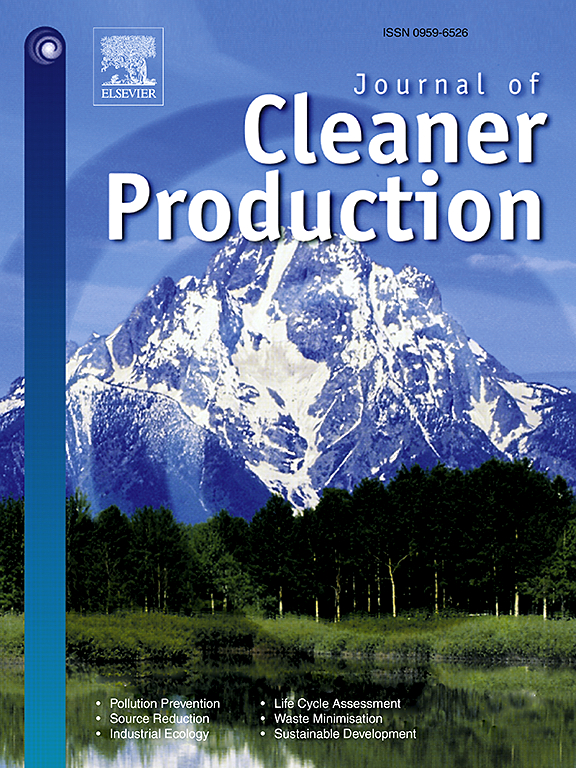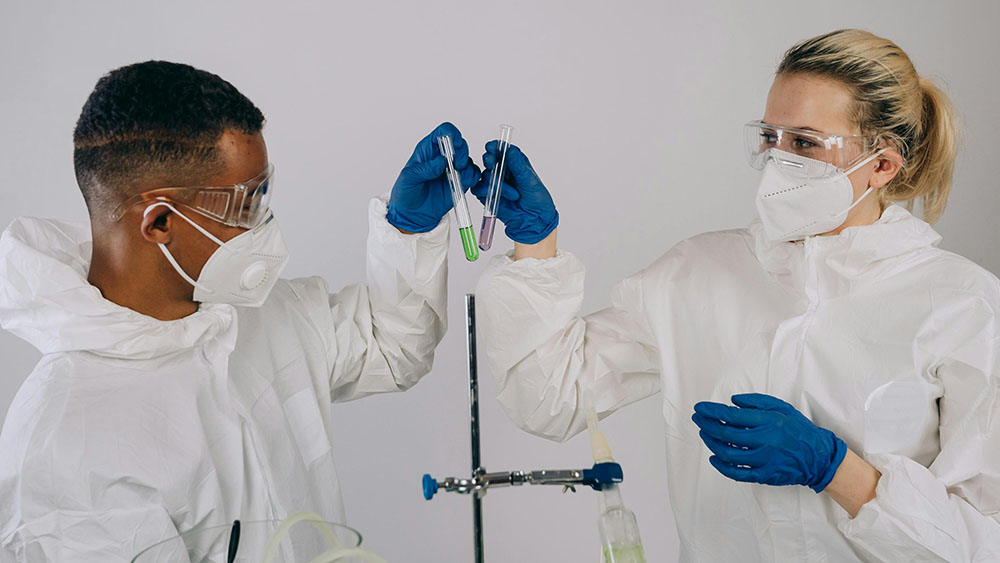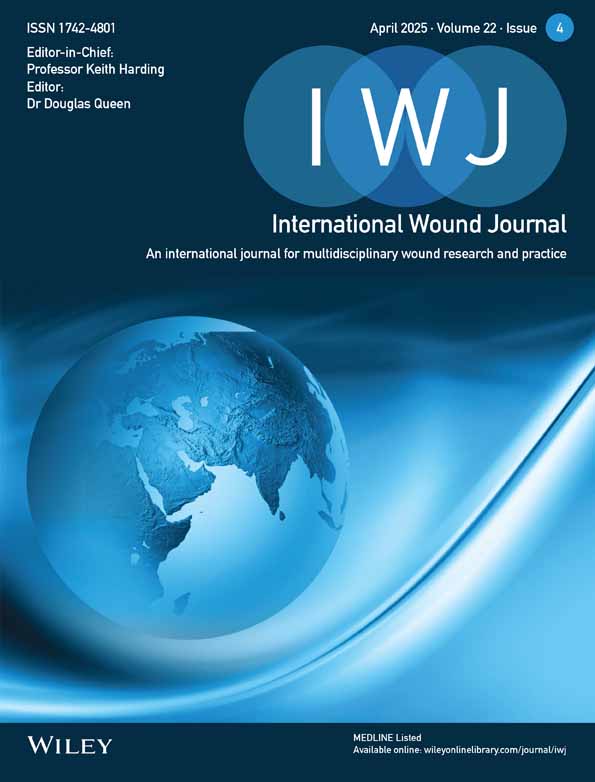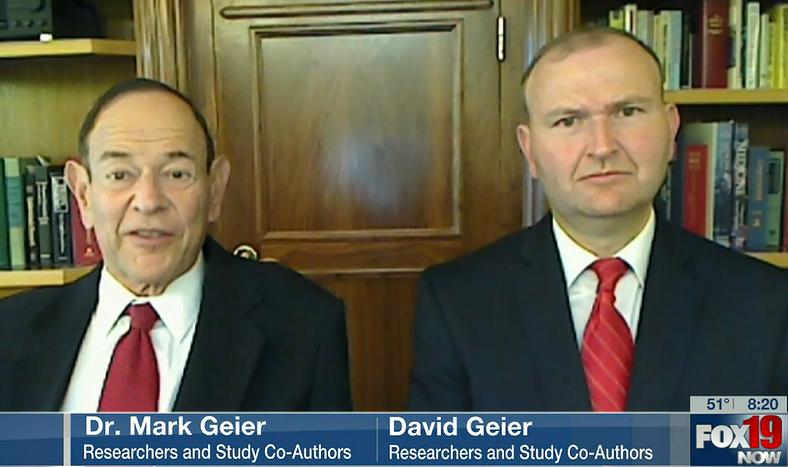
Dear RW readers, can you spare $25?
The week at Retraction Watch featured:
- Wiley journal retracts over 200 more papers
- COVID-19 vaccine myocarditis paper raises questions about what earns post-publication peer review
- Do men or women retract more? A study found the answer is…complicated
- Misappropriation of undergraduate work leads to study retraction
- Former Italian university head faces retractions and criminal investigations
Our list of retracted or withdrawn COVID-19 papers is up past 500. There are more than 58,000 retractions in The Retraction Watch Database — which is now part of Crossref. The Retraction Watch Hijacked Journal Checker now contains more than 300 titles. And have you seen our leaderboard of authors with the most retractions lately — or our list of top 10 most highly cited retracted papers? What about The Retraction Watch Mass Resignations List — or our list of nearly 100 papers with evidence they were written by ChatGPT?
Here’s what was happening elsewhere (some of these items may be paywalled, metered access, or require free registration to read):
Continue reading Weekend reads: How NIH is quietly stalling research; integrity concerns found at clinical trial org; experiments in paid peer review






